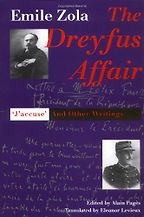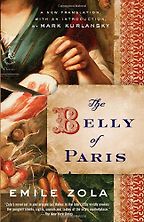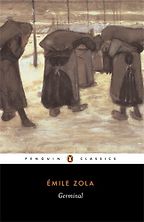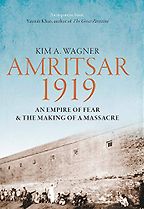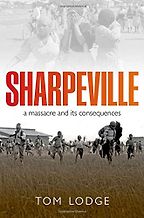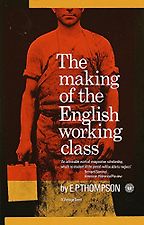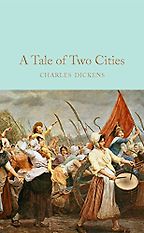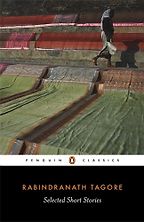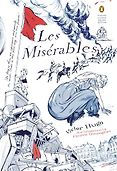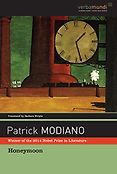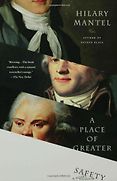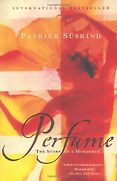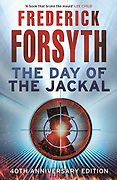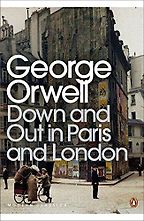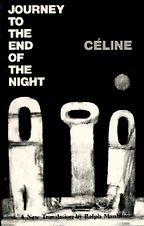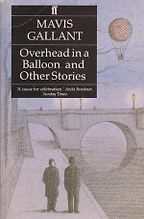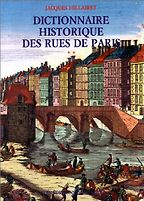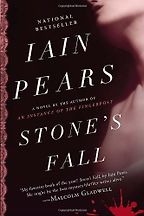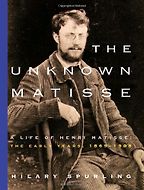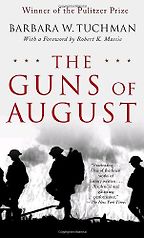Books by Emile Zola
“J’accuse is an open letter he wrote in 1898 in the newspaper L’Aurore, just after the real culprit in the Dreyfus affair, Esterhazy, was acquitted of spying. J’accuse is an extraordinary polemic in which he deployed all his formidable literary talent. In it, he accuses the military of a cover-up and cites a number of individuals. What’s interesting about the letter is that it does have a number of errors. Zola wasn’t particularly concerned with the details and was, in fact, rather a late convert to the Dreyfusard cause. More than 300,000 copies of J’accuse were printed, so many that it caused a paper shortage in the capital. It caused a great storm and almost immediately Zola is charged with defamation. He is found guilty and has to escape into exile in England. But it’s at this moment that the Dreyfus affair really takes off, and reveals its peculiarly combustible mixture of literary polemic, popular journalism and the mass public agitation. It’s very interesting that Zola, a man who’s famous for depicting crowd scenes, goes to his trial and is surrounded by people who are trying to attack him. He’s amazed because he finds himself no longer writing about the unthinking nature of group activity, but becoming the sacrificial victim in a mob scene. Frightened to death, he calls them “the cannibals” and realises that demagoguery and anti-Semitism are real dangers to democracy. Zola is distinguished among the Dreyfusards because at the centre of his advocacy is a real struggle against anti-Semitism – for many this is not the case. He had anti-Semitic traces in his writing prior to the affair, but he came to reject it profoundly and work towards a cure for this malady in French society.” Read more...
The best books on The Dreyfus Affair and the Belle Epoque
Ruth Harris, Historian
“The book is really about the modernisation of the market and Paris, and French bourgeois society. It’s a study of the contrast of this individual who finds himself alienated from this rich, brilliant, new society. It is wonderfully described and even though much of that Paris has disappeared some of it is still around. The Belly of Paris is a wonderful book of imaginary history if you are at all interested in the creation of ‘modern Paris,’ meaning the city born in the mid-19th century.” Read more...
David Downie, Travel Writer
“It was an Open University set text for decades. It’s about a miners’ rebellion in the 1880s in France. It’s an amazing novel because Zola pulls absolutely no punches at all. He looks from the mine owners, to the more privileged miners, right down to the children working in the mines who are abused by people who might be trade unionists. It gives an extraordinary picture of the mine as this almost inhuman, machine-like development devouring the souls of everybody who works in it.” Read more...
The best books on Popular Uprisings
Robert Poole, Historian
Interviews where books by Emile Zola were recommended
The best books on Popular Uprisings, recommended by Robert Poole
Under what conditions do popular uprisings end in massacres? What’s the best way for someone protesting against a government to get what they want? Robert Poole, Professor of History at the University of Central Lancashire and author of Peterloo: The English Uprising, recommends the best books on uprisings.
The best books on A World Without Poverty, recommended by Muhammad Yunus
The 2006 Nobel Peace Prize-winner talks about his creation of micro-credit and walks us through his five books on poverty and how to eradicate it – includes Zola’s Germinal and Dickens’ A Tale Of Two Cities
Novels Set In Paris
If you’re planning a trip to the City of Lights—or in the mood for a bit of armchair travel—then you might like to get yourself in the mood by picking up a novel set in Paris. From the Francophone masterpieces of Victor Hugo to more modern classics by Hemingway and Mantel, you’re sure to find a book to suit your tastes among our expert recommendations.
-

1
Down and Out in Paris and London
by George Orwell -

2
Journey to the End of the Night
by Louis-Ferdinand Céline (translated by Ralph Manheim) -

3
Overhead in a Balloon
by Mavis Gallant -

4
The Belly of Paris
by Emile Zola, translated by Mark Kurlansky -

5
Dictionnaire Historique des Rues de Paris
by Jacques Hillairet
The best books on Paris, recommended by David Downie
The best books on Paris, recommended by David Downie
The city of romance and art is also, like most big cities, a place of grit and grime. The American writer and long-time Paris resident David Downie tells us where to look if we’re to understand the people and past of this most alluring city.
The best books on The Dreyfus Affair and the Belle Epoque, recommended by Ruth Harris
The Belle Epoque combined a preoccupation with the noblesse of the old regime with the seeds for modernism, says Oxford history professor Ruth Harris, author of an award-winning book on the Dreyfus affair. She picks the best books on a golden period in France before the outbreak of World War I.
